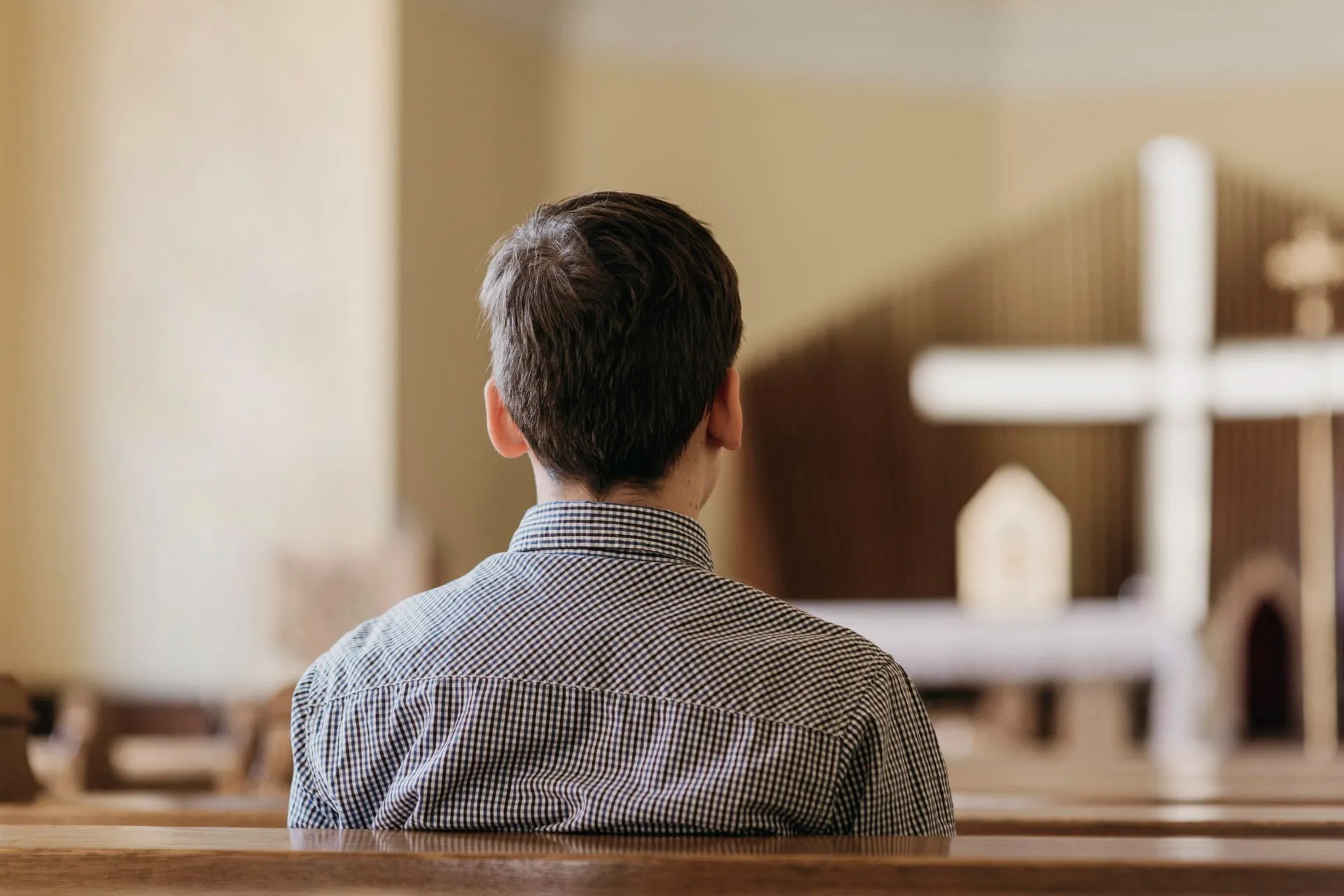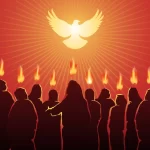In 1992, militant Hindu groups brought down the historic Babri Masjid. Once again, a temple–mosque war has started with Hindus claiming that the Gyanvapi Mosque was built over a sacred Hindu site. Probably. For both the Hindu and Muslim religions, sacred sites are important.
A small Hindu group has tried to claim the San Thome Church in Madras in a similar way. The cathedral was built by the Portuguese, over the tomb of Thomas the Apostle, in 1523. What if the cathedral was destroyed in the same way as the Babri Masjid? Would it affect the faith of Christians?
Confession of Faith
The very first time the word “church” is used in the New Testament is found in Matthew 16:18 where Jesus said, “I tell you that you are Peter, and on this rock I will build my church”. What Jesus said was occasioned by the fact that Peter had made a bold confession about Jesus. He had answered the question as to who Jesus was with the affirmation that Jesus was “the Messiah, the Son of the living God.” Jesus said that Peter was a blessed man: what Peter had confessed was not learnt from flesh and blood, but a revelation from God Himself.
The confession that Jesus is the Messiah opened the way for the church to be built, not brick by brick, but person by person. Starting with Peter, the church would be built as people confessed that they believe in Jesus.
Jesus spoke in Aramaic, and so He would have said, “You are kepha and on this kepha I will build my church.” When Matthew penned the gospel, he wrote in Greek, and this is how he put what Jesus said: “You are patros (masculine) and on this petra (feminine – mother-rock) I will build my church.”
We must concede that Matthew, who was an eyewitness and had heard Jesus first-hand, must have got the sense of what Jesus meant, and hence the distinction between the Greek words he used to convey what Jesus had said. Obviously, Matthew was making a distinction between Peter and the rock on which Christ would build His church. Jesus is Himself the Rock on which the church is built, for he is like the mother hen gathering her chicks under her wings (Luke 13:34).
Jesus had never before talked about a church. For the very first time, one of the followers of Christ had declared his belief in Christ as being uniquely the Son of God. It was this confession that prompted talk about building a church.
The word “church” is ecclesia in Greek. It simply means “assembly”, a gathering of people; rather, “a gathered people”. The word “assembly” implies that the people who have gathered have been summoned together. The people gathered are not an unruly crowd or a mob of curiosity seekers. They are people who have answered a summons to form the church.
The confession that Jesus is the Messiah opened the way for the church to be built, not brick by brick, but person by person. Starting with Peter, the church would be built as people confessed that they believe in Jesus. The man whom Jesus called a rock wrote, “And coming to Him as to a living stone which has been rejected by men, but is choice and precious in the sight of God, you also, as living stones, are being built up as a spiritual house for a holy priesthood, to offer up spiritual sacrifices acceptable to God through Jesus Christ” (1 Pet 2:4–5).
When one person made a confession of faith our Lord could begin to build His church, and every time someone makes a confession of faith in Jesus, the church gets built.
Commitment of Faith
After Christ rose and the apostles started to preach the gospel, people began to put their faith in Christ; the church began to be built and grow more. In this context, the first use of the word “church” is significant (Acts 5:11).
People learnt from Ananias and Sapphira that whatever they did in the context of the community of faith was done to the Lord, and not to people. That is precisely why they couldn’t fake it. The Lord sees everything, and He cannot be fooled.
As people converted to faith in Jesus, they had a felt need to become a community of believers. Rich and poor were coming equally to Christ. When people observed there were disparities among them, they felt that they had to have a community where everyone would be equal. They felt that they had to have a “community of goods”. No one would remain in a state of deprivation. All would be provided for. They achieved this by bringing their possessions into a common pool.
And the congregation of those who believed were of one heart and soul; and not one of them claimed that anything belonging to him was his own, but all things were common property to them. And with great power the apostles were giving testimony to the resurrection of the Lord Jesus, and abundant grace was upon them all. For there was not a needy person among them, for all who were owners of land or houses would sell them and bring the proceeds of the sales and lay them at the apostles’ feet, and they would be distributed to each as any had need. (Acts 4:32–35).
Special mention was made of Barnabas, who was obviously a man of means (Acts 4:36-37). Observing this, a couple by the name of Ananias and Sapphira decided to join the line of those contributing to the common kitty, except that they conspired to keep something for themselves. Peter confronted them with their lie, and both were struck dead, first Ananias and then Sapphira (Acts 5:1–10). The author of the church’s history then made the following observation: “And great fear came over the whole church, and over all who heard of these things” (Acts 5:11).
That was the first time the people gathered by their common faith in Christ were described as the church. It was the first use of the word after the time of Christ and after the formation of a community of believers in Christ Jesus.
What people learnt from this episode in the life of the church was, firstly, that in community believers couldn’t just do whatever each one wanted. Being a democratic society did not mean that there were no rules and limitations. Their commitment excluded them doing whatever pleased them.
Secondly, commitment had to be true—absolutely true. Pretending commitment wouldn’t do. Hypocrisy was not permitted. And, thirdly, whatever they did in the context of the community of faith was done to the Lord, and not to people (Acts 5:4, 9). That is precisely why they couldn’t fake it. The Lord sees everything, and He cannot be fooled






